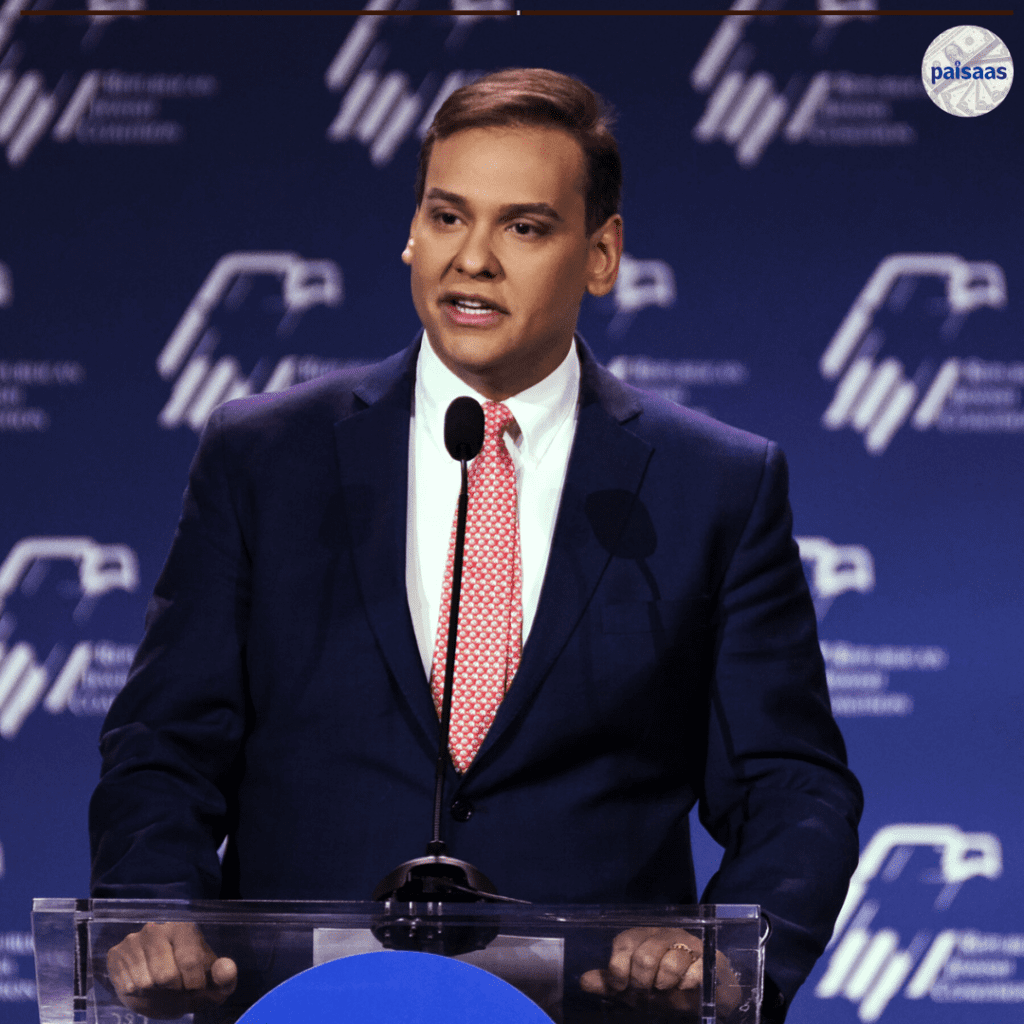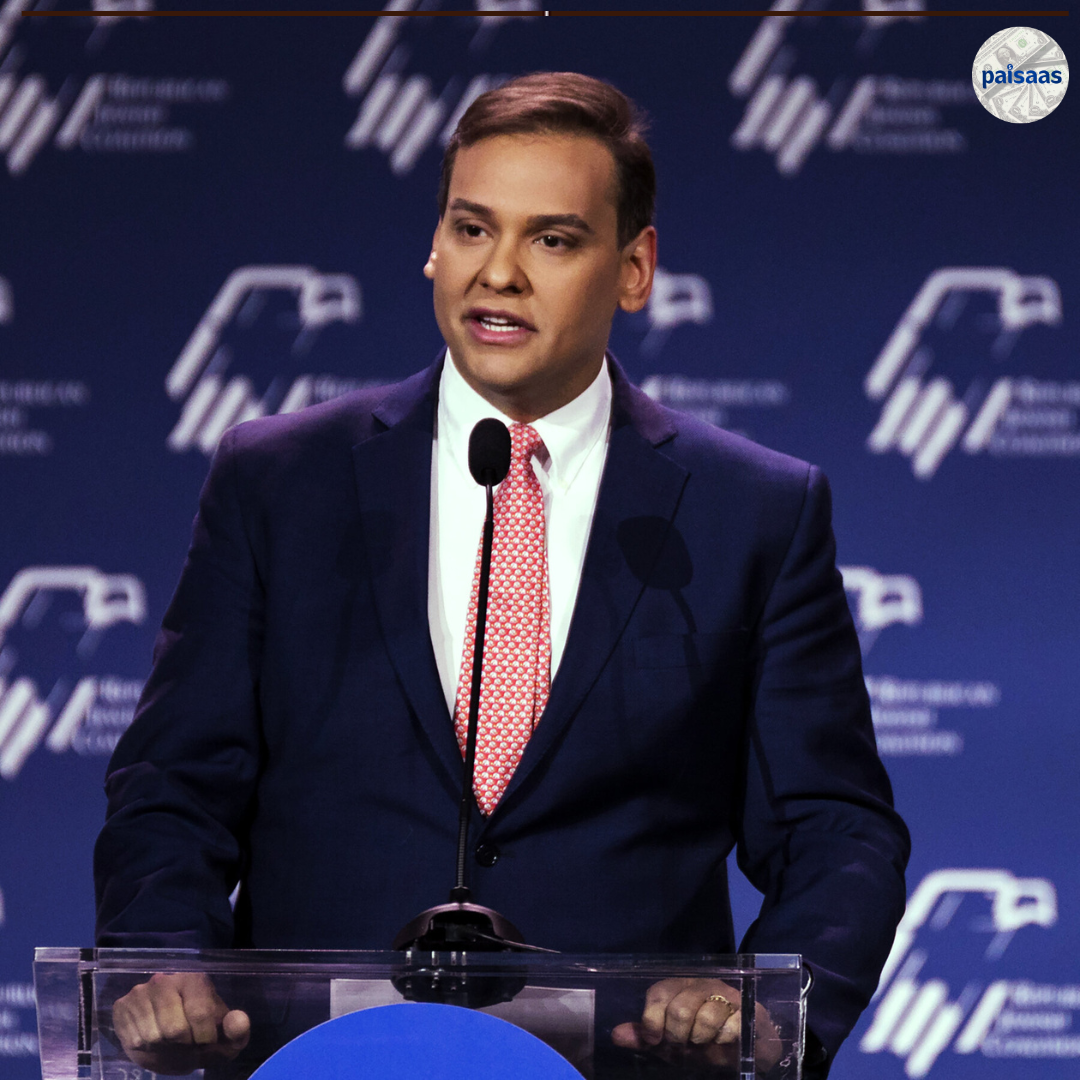

According to court records, George Santos’ father and aunt provided bail.
According to court records, George Santos’ father and aunt provided bail.
First-term Republican lawmaker, Representative George Santos, faced inquiries regarding the identities of those who insured his $500,000 bond. Santos attempted to keep the identities of his guarantors secret, but his request was rejected by two judges. The mystery surrounding the bond was resolved when it was revealed that Santos’ father, Gercino dos Santos Jr., and his aunt, Elma Preven, were the guarantors.
According to court documents, Santos’ guarantors appeared in court to sign his bond, assuming personal responsibility for ensuring he complied with the terms of the bail. The guarantors would be held liable for the full bond amount if Santos failed to meet his obligations.
Santos initially intended to keep the identities of his guarantors secret to protect them from threats and harassment. However, news organizations, including The New York Times, argued for the release of their identities, citing public importance.
Despite having his petition to seal the guarantors’ names rejected by a federal judge, Santos remained free and did not attempt to relieve the guarantors of their responsibilities. The judge, Joanna Seybert, criticized Santos for his attempts to conceal the identities, stating that it only fueled unnecessary controversy.
Analysis:
The case involving Representative George Santos and the disclosure of his bond guarantors’ identities raises questions about transparency and accountability for public officials. While individuals have the right to privacy and protection from harassment, elected officials often face public scrutiny and the expectation of openness.
Santos’ desire to keep his guarantors’ identities secret can be seen as an attempt to shield them from potential backlash or harm. However, news organizations argued that the identities were of public importance, likely due to the potential influence or conflicts of interest that could arise from undisclosed financial backers.
The judges’ rejection of Santos’ request to withhold the identities reflects the importance of transparency in public affairs. By revealing the guarantors’ names, it allows the public to assess any potential connections or interests that may affect Santos’ actions and decisions as a lawmaker.
The judge’s criticism of Santos’ attempts to conceal the identities suggests that his actions may have amplified the public interest and led to unnecessary speculation. Santos’ decision to prioritize secrecy over transparency may have inadvertently fueled suspicion and raised questions about the nature of his financial arrangements.
When public figures, especially elected officials, attempt to conceal information that is typically disclosed or considered of public importance, it can raise suspicions and lead to speculation about potential conflicts of interest or hidden agendas. In this case, Santos’ resistance to revealing the identities of his bond guarantors, despite their typical public disclosure, created a perception that there might be something he was trying to hide.
This case also raises broader issues regarding the role of money in politics and the potential influence it can wield. The fact that individuals were willing to assume personal responsibility for a substantial bond amount highlights the financial resources that can be at the disposal of politicians or their associates. It emphasizes the need for clear regulations and oversight to ensure that financial arrangements do not compromise the integrity and independence of elected officials.
In conclusion, the case of Representative George Santos and the disclosure of his bond guarantors’ identities highlights the tension between privacy and transparency in public affairs. While individuals have the right to protect their privacy, elected officials are expected to be accountable and transparent in their financial arrangements. The judges’ rejection of Santos’ request signifies the importance of openness in public office, allowing the public to assess potential conflicts of interest and maintain trust in the democratic process.




